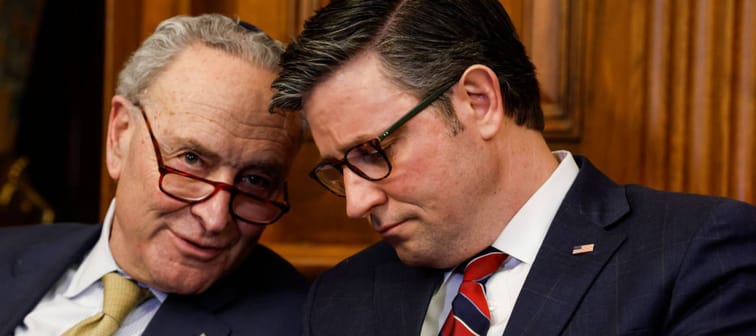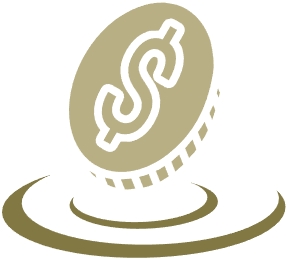“We’ve already killed capitalism’ What happens when this “outrageous” prediction be realized to the US economy in 2024?

This bold statement is not a formal bank forecast, but an unlikely scenario worth considering It all comes down to the country’s massive debt crisis and the possible steps the government can adopt to bring its ailing budget under its control.
Presently, Congress is hunkering down to talk about spending bills as well as agreements to stopgap in order to avoid a partial shutdown in the coming week or a total one in February. 2. Budget impasses like this aren’t unusual or shocking. This is not unusual. U.S. federal government has been shut down over 20 times in the last five years according to the Axios website. The lawmakers are worried over spending levels as the national debt climbs to $34 trillion.
This fiscal straitjacket the government is in could cause it to take the “dramatic move” this year which would be “the end of capitalism” in the U.S., according to Althea Spinozzi, chief of strategy for fixed income at Saxo.
Bonds of the government that are tax-free
As recession fears decreased and experts are hopeful regarding a downward trend for inflation, the economist paints a grim image to justify the “outrageous” prediction.
She believes that a new surge of inflation in 2024 will coincide with the need to increase spending on the fiscal side during the presidential election. The increased expenditure will be needed to sustain the economy and to avoid social turmoil and to strengthen the military in the event of rising geopolitical tensions.
What will happen in the next few months? The deficit on the budget of about 6 percent of GDP in the fiscal year 2023 and is now at 10% of GDP. Stocks are rising due to support programs from the government. With the rising inflation rate, interest rates are likely to increase as well.
In such a situation the government will find the cost of borrowing to be extremely high. To combat the rising cost of borrowing and reduce interest rates, it’s necessary to offer the remaining U.S. Treasuries to domestic investors at a time that stocks are becoming more attractive.
Saxo analysts believe that in a desperate effort for the government to “normalize borrowing costs,” Congress will allow capital gains and interest earned from bonds issued by government free of tax (income from T-bonds is not taxed except at the Federal level).
This is why bond investors are rushing to bonds to secure the best yields over time without tax burden, while the stock market plummets.
This plan could spell an end to capitalism “as money rotates from private corporations to the public, and holding riskier assets becomes more expensive,” Spinozzi explained. “Despite the government’s failure to resolve inequality, lower borrowing costs extinguish social unrest. What follows is a long period of nationalisation and government intervention in critical sectors that are struggling to attract capital.”
Government-run economy
In a conversation in conversation with Bloomberg’s Merryn Somerset Webb, Saxo chief investment officer Steen Jakobsen explained: “People are putting question marks on the U.S. debt and its capability to be refinancing. In the language of economics there is the stock problem that is the amount that the loan is, as well as then we have an issue with flow with the constantly increasing number of new (Treasury bond) issues that we are seeing.”
Should the Federal government was to attempt to increase need in Treasury Securities, Jakobsen said the capital being poured into government would expand in both size and scope, and would “take away money from the smaller, but far more appealing — at least to most investors — equity market.”
Jakobsen acknowledged Jakobsen admitted that “a lot of people would actually argue we already killed capitalism.”
He said to Somerset Webb the “hand of the government is just getting heavier and heavier” -and he emphasized the growing importance that it plays in “regulation, wokeness, ESG [and] all of the frameworks that sit outside the actual clearing of prices in the [stock] market.”
If Somerset Webb asked if the U.S. is getting close to having the status of a “government-run economy,” Jakobsen replied: “Exactly!” And Jakobsen said that this wouldn’t work for the benefit of retail investors.
“We know that the government sector — both in GDP terms, but also in absolute productivity terms — is far less efficient than the private market,” he added.









Leave a Reply